Tabular Regression

Definition: Tabular Regression involves predicting a continuous numeric value for a given set of data points organized in tabular format. Unlike classification, where the goal is to assign categories, tabular regression aims to forecast a quantity, making it well-suited for tasks involving price prediction, demand forecasting, and more.
Real-world Analogy: Imagine you’re a real estate appraiser armed with a magic calculator. As you input property attributes like size, location, and features, your calculator predicts an estimated property value in dollars. This predictive wizardry mirrors the essence of tabular regression.
Overview: Tabular data, often found in spreadsheets or databases, is a goldmine of information for predictive analytics. Tabular regression models examine patterns in data to make accurate predictions about continuous outcomes.
Business Implications:
- Price Prediction: Forecast real estate values, stock prices, or product costs.
- Demand Forecasting: Estimate future demand for products or services.
- Sales Revenue Prediction: Predict sales figures for better financial planning.
- Supply Chain Management: Forecast inventory needs and optimize procurement.
- Financial Planning: Predict revenue and expenditure for budgeting.
- Energy Consumption Forecasting: Estimate energy usage for efficient allocation.
- Healthcare: Predict patient readmission rates or treatment costs.
- Resource Allocation: Determine staffing needs based on anticipated workload.
- Insurance Premium Calculations: Forecast claims costs for setting premiums.
- Quality Control: Predict defect rates in manufacturing processes.
Entrepreneurial Opportunities:
- Real Estate Tech: Develop platforms for property value prediction in real estate.
- Stock Market Analysis Tools: Offer tools that predict stock price movements.
- E-commerce Analytics: Provide demand forecasting for online stores.
- Financial Analytics Solutions: Assist businesses in revenue prediction and financial planning.
- Energy Management Systems: Create platforms that optimize energy consumption.
- Retail Inventory Solutions: Offer tools for inventory demand prediction.
- Supply Chain Optimization: Assist companies in managing efficient procurement.
- Healthcare Cost Estimation: Predict medical treatment costs for patients.
- Insurance Tech Platforms: Develop systems for insurance premium calculations.
- Manufacturing Quality Assurance: Help manufacturers anticipate defects and maintain quality.
- Logistics and Shipping Optimization: Predict shipping demands for efficient logistics.
- Marketing Analytics: Forecast sales revenue for marketing campaign planning.
- Automotive Industry Solutions: Predict vehicle demand and plan production.
- Restaurant Management Tools: Forecast diner traffic for staffing and inventory planning.
- Agricultural Technology: Assist farmers in predicting crop yields and planning accordingly.
- Financial Consultation Services: Offer personalized financial predictions for individuals.
- Healthcare Analytics Platforms: Predict readmission rates for hospitals and clinics.
- Renewable Energy Management: Forecast energy generation and usage for renewables.
- Travel Industry Solutions: Predict travel demand for airlines and travel agencies.
- SaaS Financial Planning Tools: Help software-as-a-service companies predict subscription revenues.
Advanced Advice for Entrepreneurs in Tabular Regression:
- Feature Selection: Choose relevant features that have a strong impact on the target variable.
- Model Selection: Experiment with different regression algorithms to find the best fit.
- Data Quality: Ensure data is accurate, complete, and free of outliers.
- Outliers Handling: Address outliers that can skew predictions.
- Cross-validation: Employ cross-validation techniques to assess model performance.
- Regularization: Use techniques like Ridge or Lasso regression to prevent overfitting.
- Feature Engineering: Create new features or transform existing ones to improve prediction.
- Evaluation Metrics: Choose appropriate metrics (e.g., RMSE, MAE) to measure prediction accuracy.
- Scalability: Ensure the model can handle large datasets efficiently.
- Interpretability: Provide explanations for prediction factors, especially in regulated industries.
Final Thoughts: Tabular regression empowers businesses to make data-driven forecasts and predictions, optimizing decision-making processes. Entrepreneurs leveraging this technology can provide solutions that enhance accuracy, streamline operations, and guide strategic planning in a wide array of industries.




mgyxcv